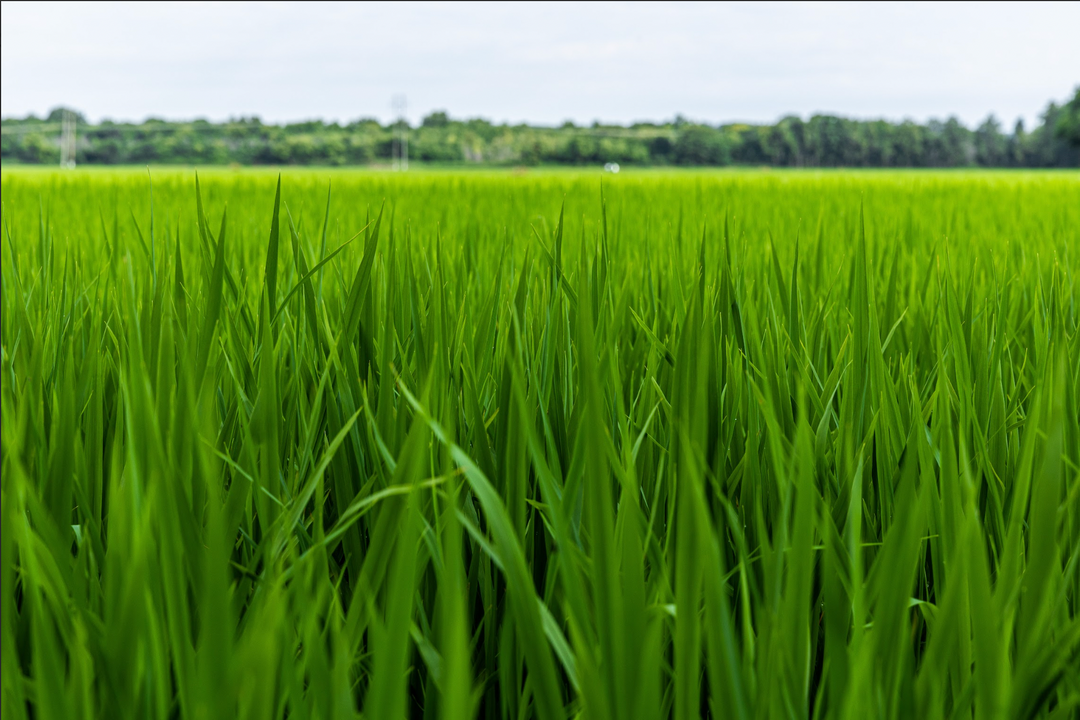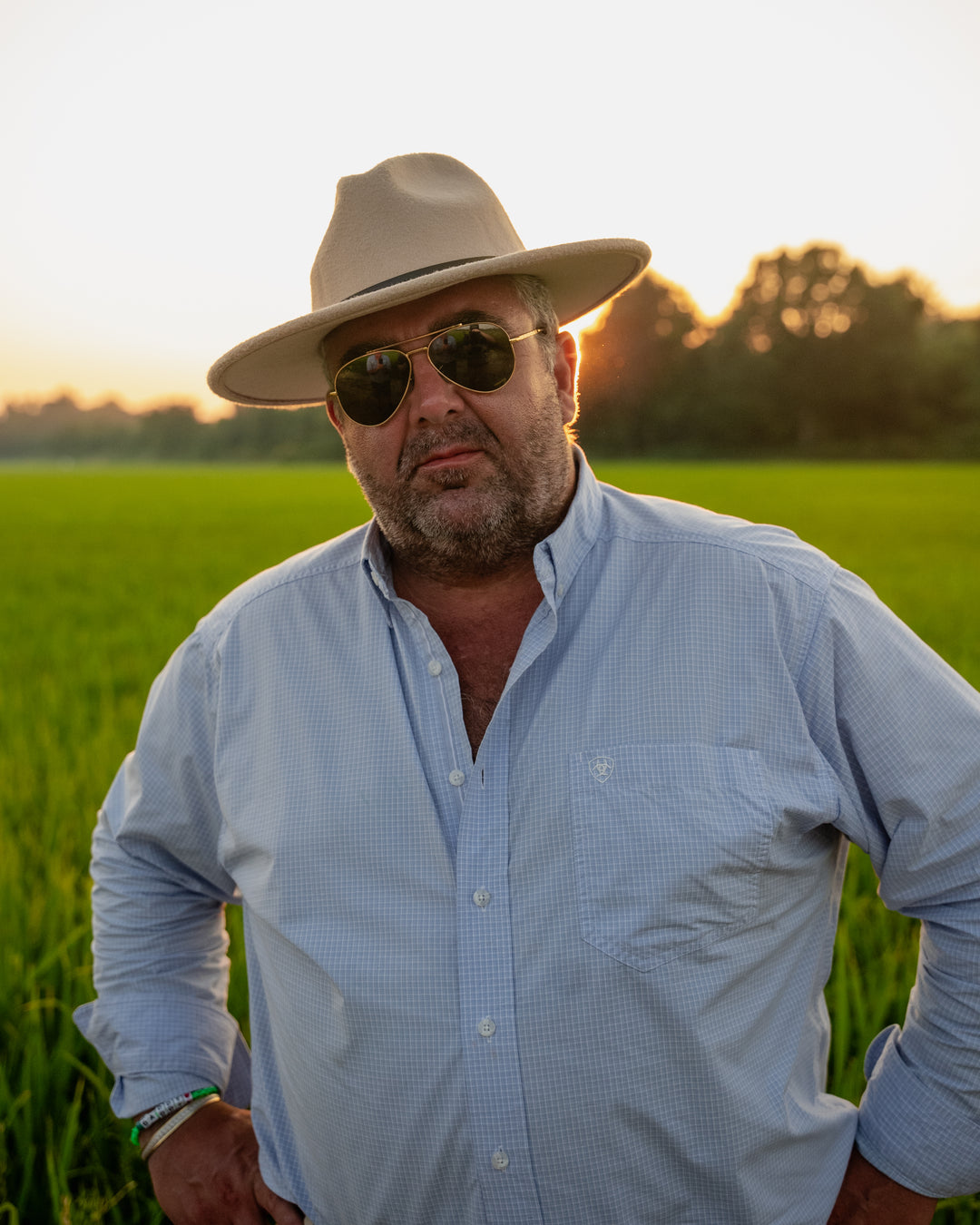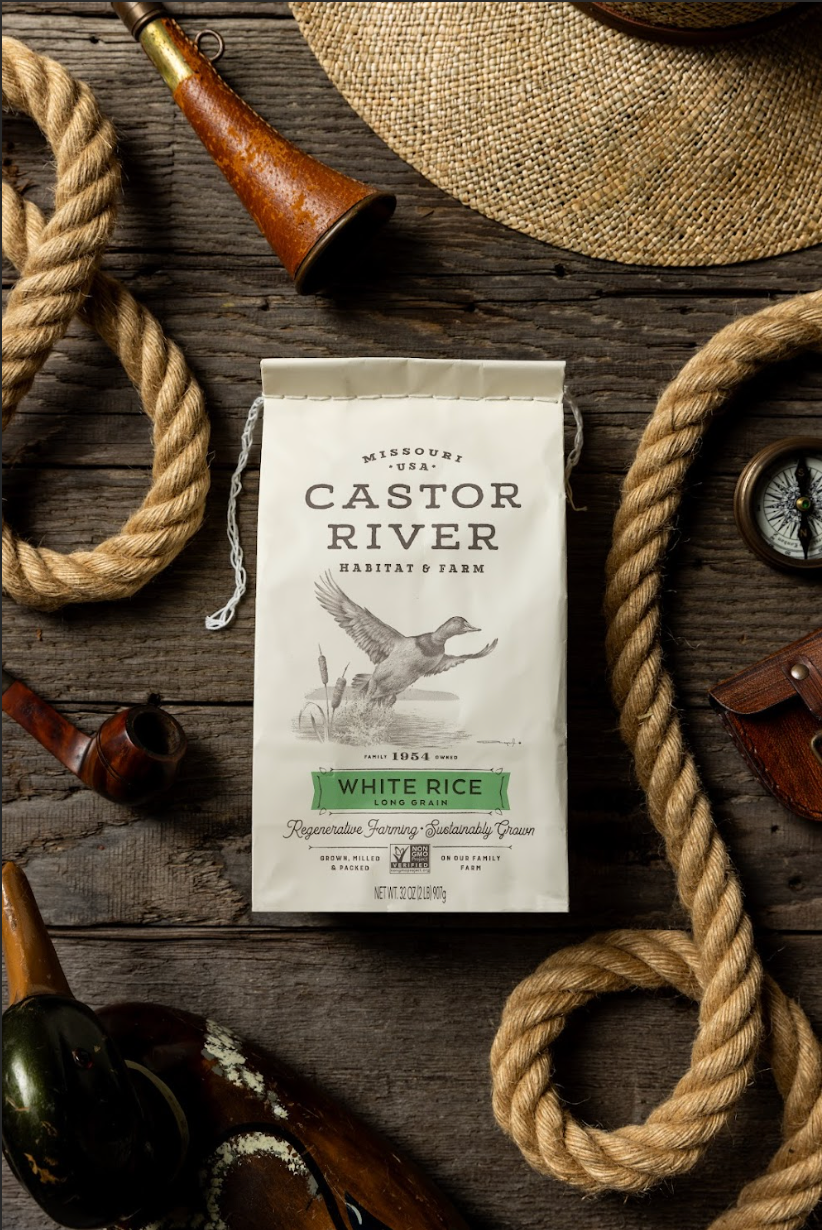The Secret to Thriving Farms
When you picture a farm, you likely imagine golden fields, lush crops, and the hard-working hands of farmers. But what makes these picturesque scenes possible isn’t just the effort above ground—it’s the life below it. Soil, the foundation of farming, is much more than dirt. At Castor River Farms, we understand that the health of our soil determines the health of our crops, the flavor of our food, and the sustainability of our practices.
What Defines Healthy Soil?
Healthy soil is a living ecosystem, rich in nutrients, organic matter, and microorganisms. Its dark, crumbly texture and earthy smell are telltale signs of vitality.
But what truly sets healthy soil apart is its ability to support life. Balanced nutrients like nitrogen, phosphorus, and potassium provide plants with what they need to grow robustly. Meanwhile, organic matter feeds beneficial microbes, which in turn make nutrients more available to crops.
A strong soil structure helps retain water, resist erosion, and allow roots to breathe, creating a resilient foundation for farming.
On the other hand, degraded or “bad” soil can spell disaster. Over-farming, chemical overuse, and erosion strip soil of its nutrients and organic matter, turning once fertile ground into a barren landscape. Poor soil cannot retain water effectively, making crops more vulnerable to drought.
Additionally, the loss of microbial life disrupts nutrient cycling, resulting in stunted growth and lower yields. Bad soil doesn’t just affect farms; it has far-reaching consequences, from diminished food quality to increased greenhouse gas emissions.
How Healthy Soil Impacts Food Quality
Healthy soil doesn’t just benefit crops; it directly influences the quality of the food on your plate.
When soil is rich in nutrients and organic matter, the plants grown in it absorb those nutrients, leading to more flavorful and nutrient-dense foods. At Castor River Farms, the result is evident in the quality of our rice, which is not only a staple in kitchens across the country but also a testament to the care we put into our soil.
By maintaining healthy soil, we also reduce the need for chemical fertilizers and pesticides. This not only preserves the integrity of the crops but also protects surrounding ecosystems from runoff and pollution.
Healthy soil means healthier plants, healthier food, and a healthier environment.
The Bigger Picture of Soil and Sustainability
Globally, soil health plays a critical role in combating climate change and ensuring food security. Healthy soils act as a carbon sink, sequestering carbon dioxide and reducing greenhouse gases in the atmosphere. They also improve water retention, helping farms withstand droughts and extreme weather events. Sustainable farming practices contribute to this global effort by keeping soils fertile and resilient.
Castor River Farms: Built on Healthy Soil
At Castor River Farms, our farm thrives thanks to the rich, alluvial soils deposited by the river over time. These soils, naturally enriched and fertile, provide an ideal foundation for growing rice and other crops.
But we don’t take this natural gift for granted. Our practices are designed to preserve and enhance soil health. By rotating crops, we allow the soil to replenish its nutrients naturally. Cover crops protect against erosion and add organic matter back into the ground, while minimal tillage keeps the soil structure intact and microbial ecosystems undisturbed.
These methods ensure that our soil remains vibrant and productive, season after season.









